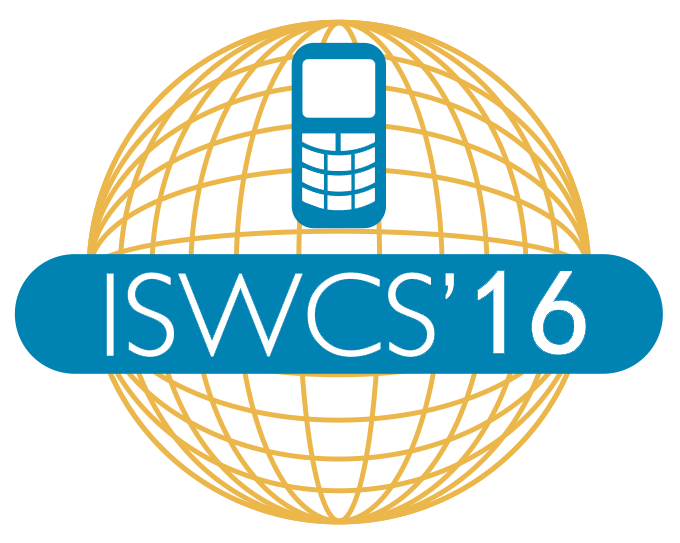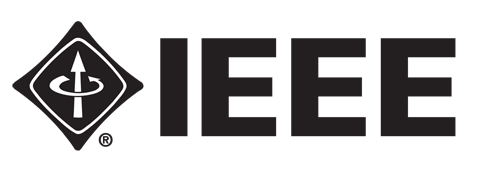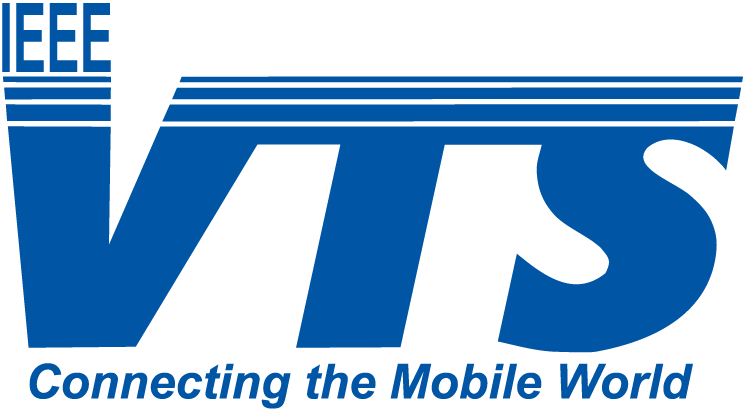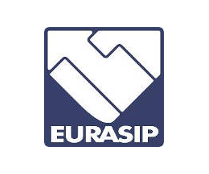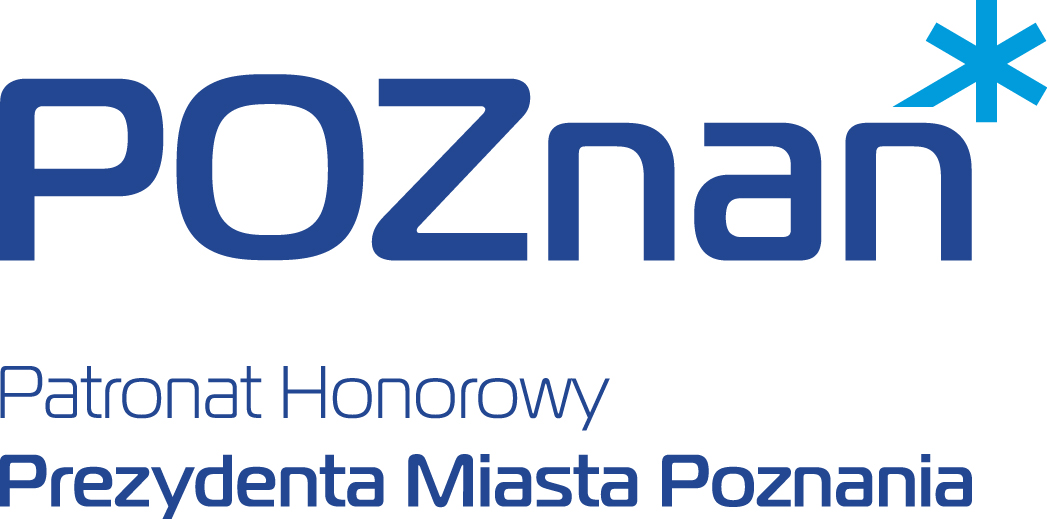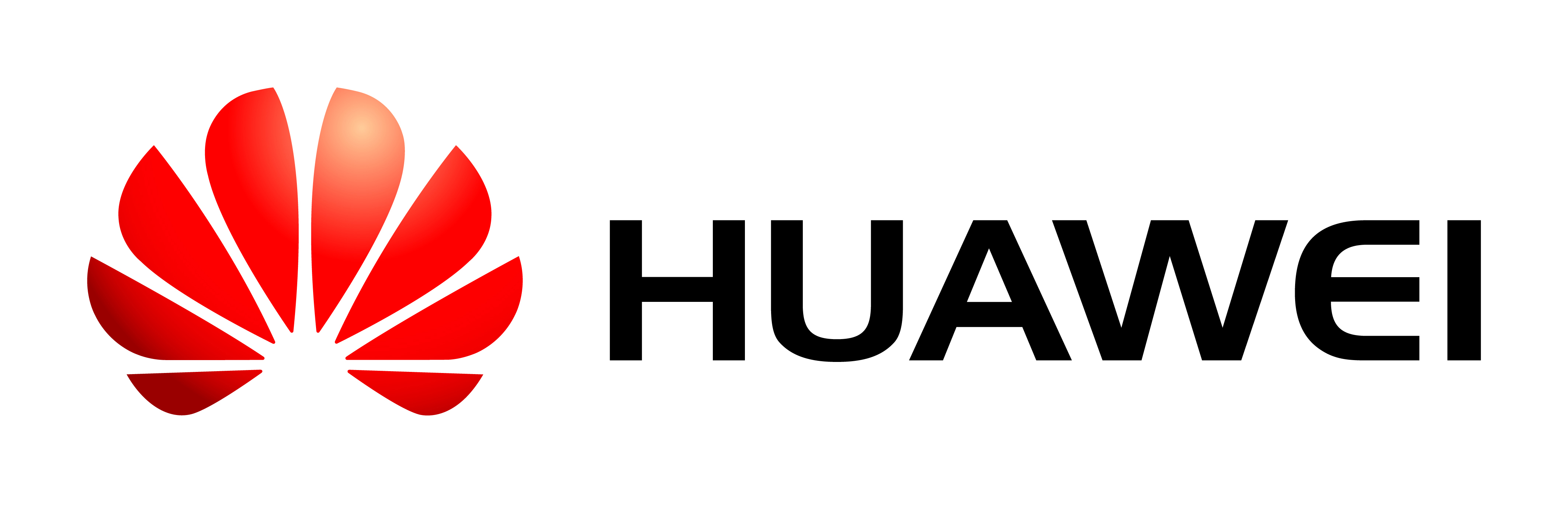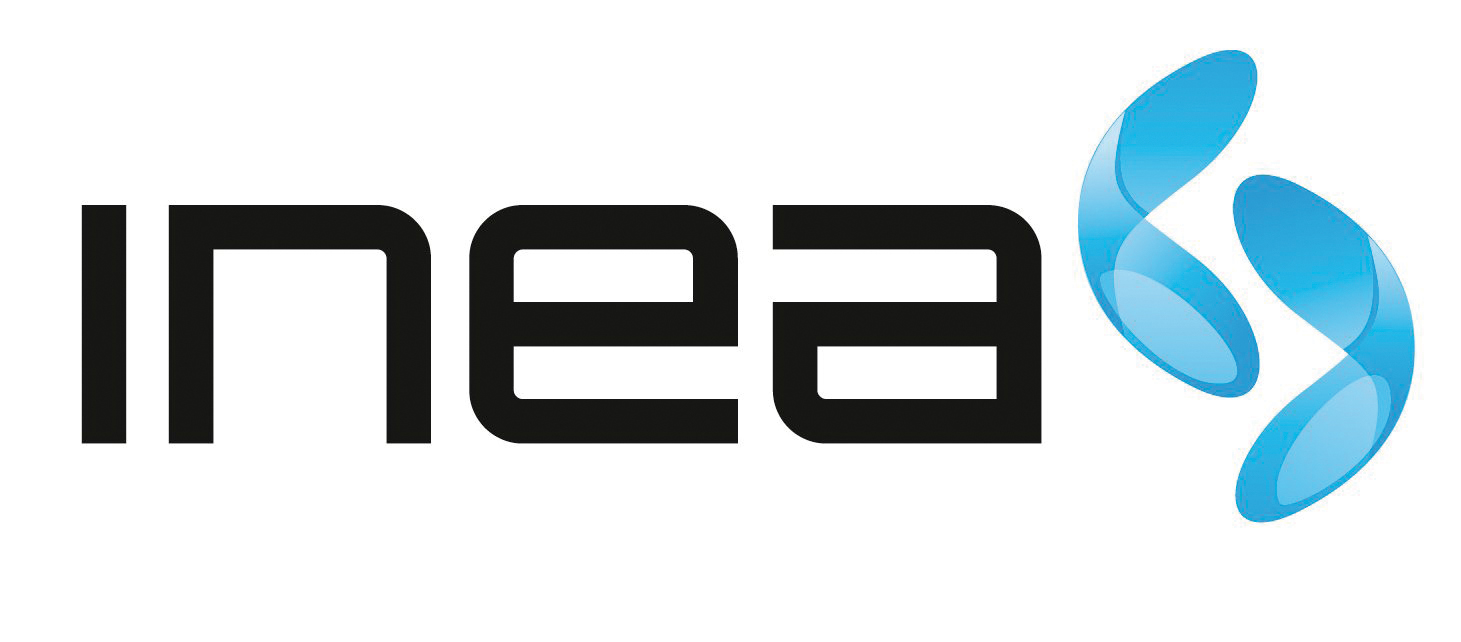Special sessions
Special Sessions
- New methods for Wireless LANs
- PAPR reduction and power amplifier linearization for energy efficient 5G waveforms
- Low Power Design Techniques for Embedded Systems
- Techniques and Technologies for Smart Environments
- Trade-offs of green networking – from the access to the core
- 5G Ultra-Reliable Communication
- Non-Orthogonal Access for 5G
Special Sessions 1
Title: New methods for Wireless LANs
Organizers: Dr Piotr Remlein, Poznan University of Technology, Poznan, Poland
Paper submission: via EDAS
Description:
The wireless local area networks (WLANs) are an example of great success. All over the world hundreds of millions WLAN devices are shipped every year. A great number of researches still develop new transmission and receiving methods to improve the WLAN performance. These methods (MIMO technique, Space Time Coding, transmit beamforming, LDPC encoding, MAC throughput enhancements, etc.) allow to achieve greater range and higher data rate of the wireless communications.
The main goal of this special session is to discuss original technical problems ranged over the following topics connected with the next generation wireless LANs: Channel Coding, Space Time Coding, Multiple-Input Multiple-Output techniques, OFDM Systems, Multiuser Detection, Receiver Algorithms, Interference Rejection, MAC Efficiency Enhancements, Security Methods.
Special Sessions 2
Title: PAPR reduction and power amplifier linearization for energy efficient 5G waveforms
Organizers:
Prof. Daniel ROVIRAS, Dr Hmaied SHAIEK, CNAM, CEDRIC Laboratory;
Dr. Rafik ZAYANI, SUP’COM, INNOV’COM Laboratory, Ecole Supérieure des Commuications de Tunis
Paper submission: via EDAS
Description:
One of the key challenges of the 5G radio access technology is to design post-OFDM waveforms exhibiting: (i) low latency, (ii) high spectral efficiency and (iii) high robustness to asynchronism between users.
Being multi-carrier techniques, all these modulations exhibit a high PAPR making them sensible to High Power Amplifier nonlinearities. If the HPA is operated in its quasi linear region, the high PAPR of the multicarrier signal will not have any influence on the quality of the transmission. Nevertheless, this situation has a high cost in terms of energy efficiency, especially for mobile devices. Real HPA communication systems will then be operated as close as possible to the saturation region, in order to increase the power efficiency. By doing so, two distortion effects will appear: in out-of-band (broadening of the output signal spectrum) and in-Band (errors in the transmitted signal).
It is, so, important to limit and correct the nonlinearities effects by: (i) linearizing the HPA characteristics, (ii) reducing the PAPR of the transmitted multicarrier signal or (iii) compensating the nonlinearities at the receiver side.
Special Sessions 3
Title: Low Power Design Techniques for Embedded Systems
Organizers: Prof. Amor Nafkha, Prof. Yves Louët, Centrale Supélec
Paper submission: via EDAS
Description:
This special session addresses all aspects of low power design and reconfiguration techniques of embedded
systems, such as modeling, design techniques, practical implementations and experimental measurements.
The special session welcomes original and unpublished works from both research and industry communities.
Topics of this session focus on the following fields (but not limited to):
- Low-power design and methodologies
- Power modeling, analysis and simulation
- Reconfigurable and self-adaptive SoC architectures
- Low-power embedded computing and Internet of things
- FPGA dynamic partial reconfiguration
- Hardware power management
- Monitoring techniques for FPGA based designs
- Management and reconfiguration for NoCs and SoCs
- Green electronics and computing
- Reliability issues of Low-Power Design
- Design for Reliability approaches for Low-Power
- Low power VLSI architecture for signal processing
Special Sessions 4
Title: Techniques and Technologies for Smart Environments
Organizers: Prof. Luis M. Correia, IST / INESC-ID, Univ. Lisbon, Lisbon, Portugal
Paper submission: via EDAS
Description:
Smart Environments, like Body Area Networks, Smart Cities, Intelligent Buildings, and Intelligent Transportation Systems, are populated with many devices connected to wireless and mobile networks. Although this is not a new research area, there are still many issues to be dealt with, ranging for radio channel modelling to network approaches, which impact on the design of transmission techniques and communication protocols. Other application areas under study these days are also associated with Smart Environments, like Internet of Things and Machine Type Communications. The high density of connected nodes and their peculiarities in terms of traffic type, location, constrained resources, make Smart Environments a complex system of systems. This session intends to bring together papers exploring methods, models, techniques, strategies and tools, for Smart Environments, addressing specific aspects on the one hand, but enabling a global overview of the application to general perspective of these usage scenarios on the other hand.
Special Sessions 5
Title: Trade-offs of green networking – from the access to the core
Organizers: Dr Filip Idzikowski, Poznan University of Technology (PUT), Poland
Paper submission: via EDAS
Description:
Green networking has become a well established topic in
the networking community. Energy saving is searched for in
different kinds of networks from the access up to the core
(including intra- and inter data center networks, etc.). Energy
saving however has its costs. The aim of this session is to
provide an overview of the costs related to energy saving,
and to compare the trade-offs across different sectors of the
network and across different technologies (including wireless
and wired networks). Suitable topics for this special session include but are not limited to:
- Quality of Service (QoS)
- Quality of Experience (QoE)
- protection against network failures
- devices lifetime
- green wired networks
- green wireless networks
- network management
- network architectures
- holistic view
- power measurements
- traffic measurement
- traffic modeling
Special Sessions 6
Title: 5G Ultra-Reliable Communication
Organizers: Dr Michał Sybis
Paper submission: via EDAS
Description:
Fifth generation (5G) of cellular networks is considered as a technology to provide
connectivity for a wide range of devices and applications. It will not only increase the offered
date rates, but also embrace new features. Ultra-Reliable Communication (URC) is one of the
novel features, not present in today’s wireless systems, that is discussed in relation to the 5G
networks. URC is often considered with low-latency transmission and is an essential feature
for mission-critical applications, such as public safety, vehicular safety and industrial
automation. This feature guarantees a communication service with a very high level of
reliability (almost 100% of the time). The main objective of session is to present the papers
that deal with solving the engineering problems posed by URC in 5G.
Suitable topics for this special session include but are not limited to:
- M2M communication
- V2V (5G/802.11p based) communication
- Low latency Ultra Reliable Communication
- Channel codes design for Ultra Reliable Communication
- Different approaches to channel coding for Ultra Reliable Communication
- Transmission methods for Ultra Reliable Communication
Special Sessions 7
Title: Non-Orthogonal Access for 5G
Organizers:
Abdellatif Zaidi, Université Paris-Est and Mathematical and Algorithmic Sciences Lab., Huawei France
Meryem Benammar, France Research Center, Huawei Technologies, France
Alireza Bayesteh: Canada Research Center, Huawei Technologies, Canada
Paper submission: via EDAS
Description:
The increasing demand of mobile Internet and the Internet of Things poses challenging
requirements for 5G wireless communications, such as high spectral efficiency, low latency and massive connectivity.
Along with massive MIMO, millimeter wave communications, ultra dense network, non-orthogonal multiple access
is one of the most promising techniques to cope with these demands, via non-orthogonal resources allocation.
Non-orthogonal multiple access schemes allow multiple users to share time and frequency resources in the same
spatial layer via power domain or code domain multiplexing. Examples include sparse
code multiple access (SCMA), multi-user shared access (MUSA), multiple access with low-density spreading (LDS),
NOMA with power-domain multiplexing, OTFS, variants of OFDM and others.
With the ongoing standardization intensive effort on waveform design for 5G, this special session is aimed at addressing
key features of these schemes. High quality researchers from both academia and industry will discuss design principles, pros and cons.
It is hoped that this provides a comprehensive comparison of diverse non-orthogonal access solutions from the perspective
of spectral efficiency, system performance, receiver complexity, and so on, which researchers from academia and industry,
as well as practioners, will find useful.
